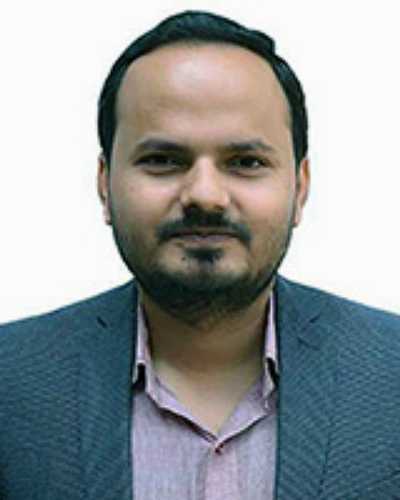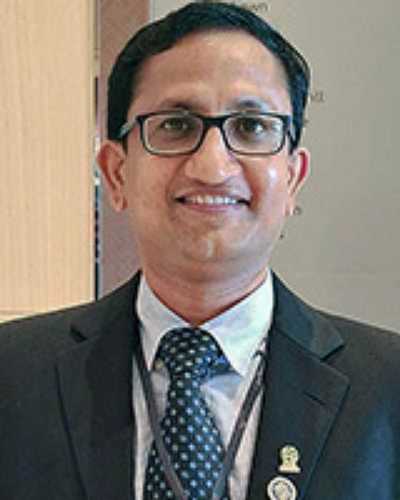The global community recognises the persistent – and often widening – health disparities between rural and urban populations1. While progress has been made in some regions, achieving equitable access to quality health care for all rural communities remains an urgent priority.
This declaration upholds the core principles of equity, accessibility and quality in rural healthcare delivery, building upon the legacy of previous WONCA Rural declarations2-4. The Delhi Declaration (2018)2 emphasised Health for All Rural People, while the Limerick Declaration (2022)3 focused on Rural Health Care Policies. In addition, the Limerick declaration reaffirmed the position of the WHO Astana Declaration that ‘To achieve this ambitious vision of PHC in the 21st century, transformational action is required’, and its 13 levers can be applied at different levels, including community, subnational and national.
This declaration, made during the Global Rural Health Summit in Bengaluru, India, on 4 April 2025, reaffirms our global commitment to addressing the evolving challenges and opportunities in rural health.

Strengthening primary health care
The foundation of robust rural health systems lies in strengthening primary health care. Investment in comprehensive, integrated and people-centered primary healthcare services is essential5. This includes accessible acute and emergency care and a focus on prevention, health promotion and early intervention to address the unique health needs of rural populations. As emphasised in the Delhi Declaration, rural proofing of health policies from the very start is crucial to ensure that primary healthcare services are tailored to the specific context of rural communities. We reaffirm the need to prioritise the recruitment and retention of family doctors as the cornerstone of rural primary care, along with the other health professionals who play important roles in the primary care team.
Addressing health workforce shortages and safety
The persistent shortage of qualified healthcare professionals with the broad range of qualified generalist skills required for rural practice remains a major challenge in rural health care. Sustainable strategies to attract, recruit and retain doctors, nurses and other healthcare workers in rural areas are essential. This requires strengthening rural medical education and training, providing incentives for rural practice and supporting, effectively engaging and utilizing the crucial role of community health workers and traditional healers6.
Ensuring the safety and wellbeing of rural healthcare workers is equally important. We urge governments to enforce or amend laws and policies to protect health professionals from violence, harassment and occupational hazards.
To build a resilient rural health workforce, we advocate for the promotion of family medicine and community-based immersive learning experiences, equipping trainees with practical skills and a deep understanding of rural healthcare needs.
Training and empowering patients, families, caregivers, health professionals and policymakers to define and promote integrated care between public health and primary care seems imperative.
Universities should recruit rural students and be held accountable for having students exposed regularly to rural practice. They must recognise rural clinicians as important faculty members and role models for future rural doctors.
Creating a conducive environment and providing incentives
A conducive environment is essential to attract and retain healthcare professionals in rural areas. This requires adequate health service infrastructure, access to continuing professional development and supportive management structures. We advocate for targeted incentives – including financial benefits, housing support and social amenities – to ensure that family doctors, nurses and health workers and their families can lead safe and happy lives in rural communities.
Leveraging digital health technologies
The rapid advancement of digital health technologies offers transformative opportunities to expand healthcare access in remote rural areas. Telemedicine, mobile health applications and digital health solutions including on-site point-of-care testing and imaging technologies such as ultrasound can bridge geographical gaps and enhance health education, disease monitoring and treatment success. These technologies must assist local health workers and enhance, not degrade, the level of service to rural people Healthcare workers tasked with catering to rural populations need to be digitally literate and trained in the appropriate usage of these technologies for smooth and efficient service delivery. Additionally, addressing the digital divide by ensuring equitable access to technology and improving digital literacy among rural populations is essential7.
Enhancing infrastructure and access
Addressing the social determinants of health, such as poverty, sanitation and nutrition, is crucial to achieve better overall health outcomes.
Investment in healthcare facilities, transportation, sanitation and communication networks is critical for improving rural healthcare access. This includes ensuring the availability of essential medicines, medical supplies and local diagnostic services8.
Promoting community engagement and empowerment
Active community participation in health planning and decision-making ensures that healthcare services are responsive to local needs. Rural proofing of policies must listen to the solutions raised by rural communities and foster them, implementing local solutions to local problems. Strengthening community-based health programs and empowering individuals such as community health workers and communities to take ownership of their health are key to achieving sustainable improvements in rural health9.
Addressing emerging challenges
Rural communities are increasingly vulnerable to the consequences of climate change, including extreme weather events, food insecurity and the spread of infectious diseases. Strengthening surveillance and response systems for infectious diseases, along with addressing the growing burden of non-communicable diseases and mental health conditions, coupled with the increasing trend of an aging population, highlights the critical need to prioritise geriatric and palliative care.
Data and research
The limited understanding of how social determinants, healthcare access and provider shortages interact to impact health outcomes in rural communities remains a key research gap in rural health. In addition, global health research funding remains minimal for addressing health issues that contribute most to the global disease burden, especially in low- and middle-income countries (LMICs)10. Enhancing the quality of rural health data collection and analysis is essential for developing informed policies and effective healthcare interventions. Promoting research on rural health issues will support evidence-based solutions to the unique challenges faced by rural populations. Such research must meaningfully include those communities that address their problems and report back to them: ‘nothing about us without us’4.
Call to action
We urge governments, international organisations, healthcare providers, civil society and the private sector to collaborate in implementing these commitments. The global community must prioritise rural health in national and international development agendas by taking the following steps.
- Promote effective acute, preventative and continuous care in rural areas by teams of health professionals with broad generalist skills, led by Advanced Practice Rural Family Medicine doctors.
- Initiate formally recognised postgraduate rural Family Medicine training for advanced rural skills and remunerate this appropriately.
- Support the use of these skills by funding local reliable point-of-care testing and advanced digital technologies.
- Incentivise universities, colleges and rural health services that support extended exposure of medical students and junior doctors to rural practice, and include rural teachers as faculty.
Endorsement
This declaration is endorsed by the participants of the Global Rural Health Summit, Bengaluru, on 4 April 2025.






